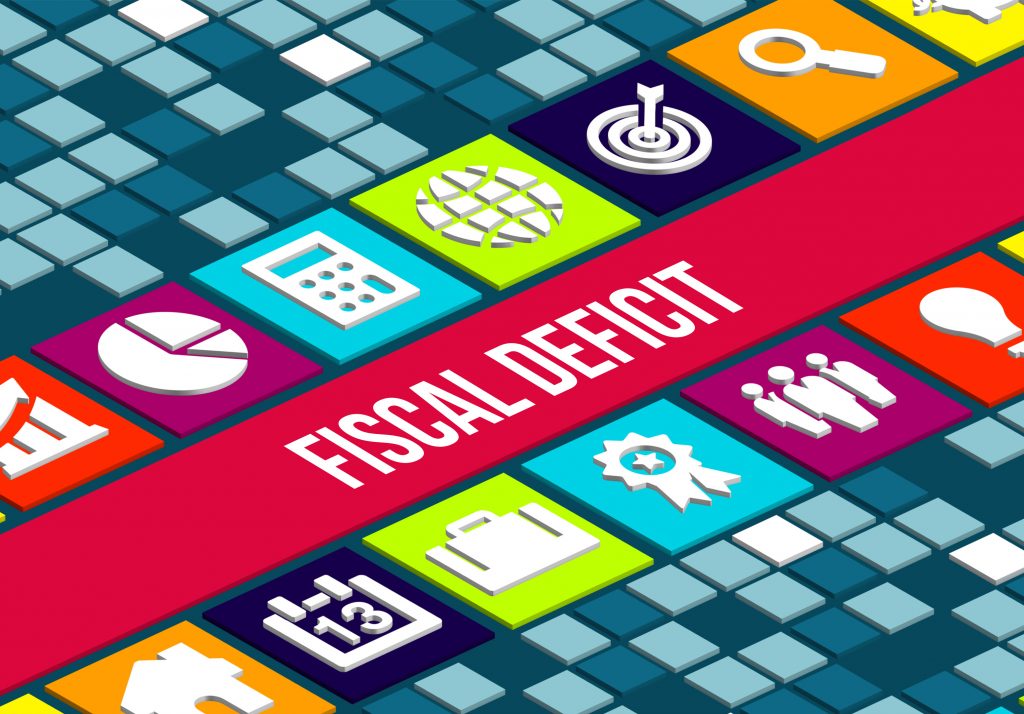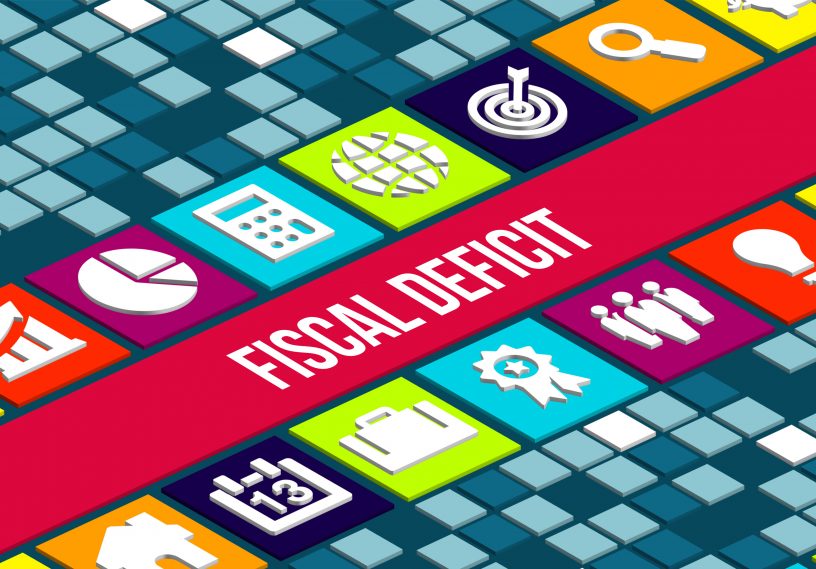
A strong opposition does not necessarily mitigate the fiscal populism of incumbent governments, finds the study.
Authors
Abhisek Sur, Assistant Professor, Jindal Global Law School, O.P. Jindal Global University, Sonipat, Haryana, India.
Amarendu Nandy, Indian Institute of Management, Ranchi.
Santanu Kundu, doctoral candidate, University of Mannheim, Germany.
Summary
The Indian economy has been suffering from a persistent fiscal deficit for the last four decades. With the transition to coalition politics in the 1980s, the country’s political economy characteristics have significantly affected its fiscal policies and outcomes, but this has received scant attention in the literature.
The impact of macroeconomic and political economy factors on India’s fiscal deficit between 1978–79 and 2016–17—a period when the country witnessed simultaneous economic and political structural transformations—has been investigated in this study.
It finds evidence of a close link between electoral cycles and fiscal populism and between government fragmentation and fiscal profligacy. Additionally, it finds that a strong opposition does not necessarily mitigate the fiscal populism of incumbent governments.
Published in: Economic & Political Weekly
To read the full article, please click here.


